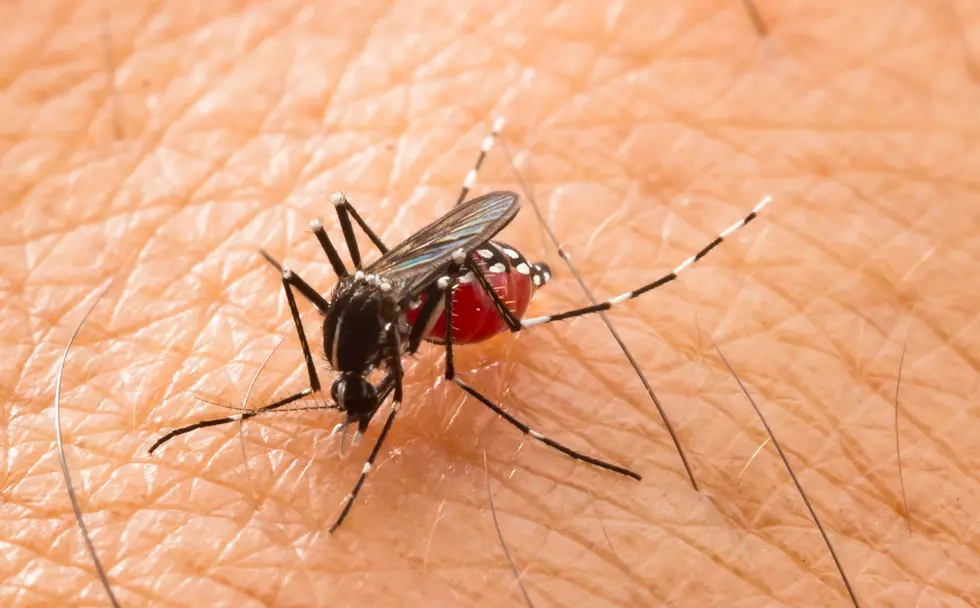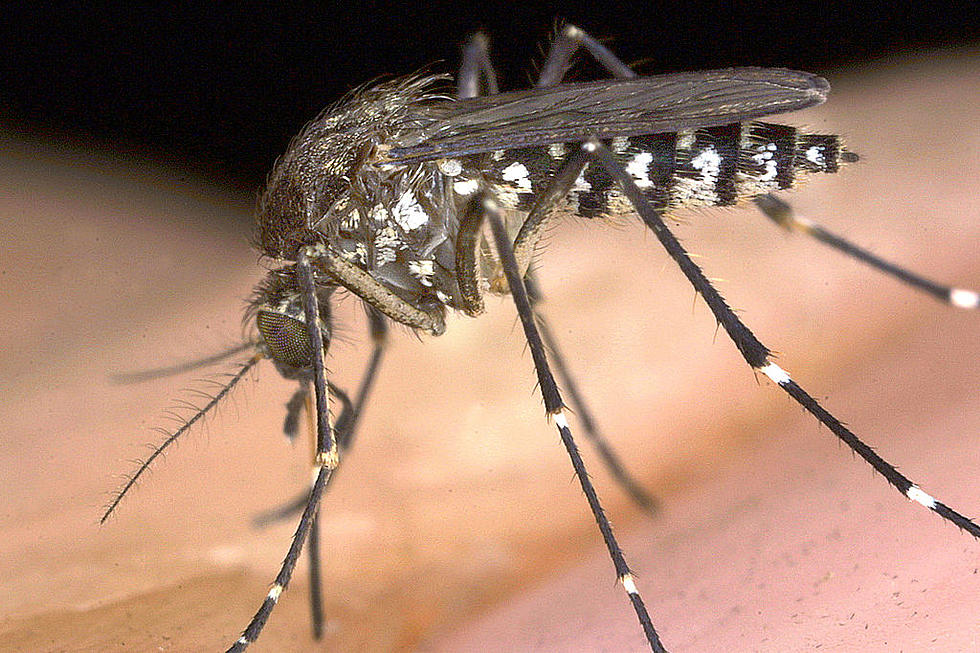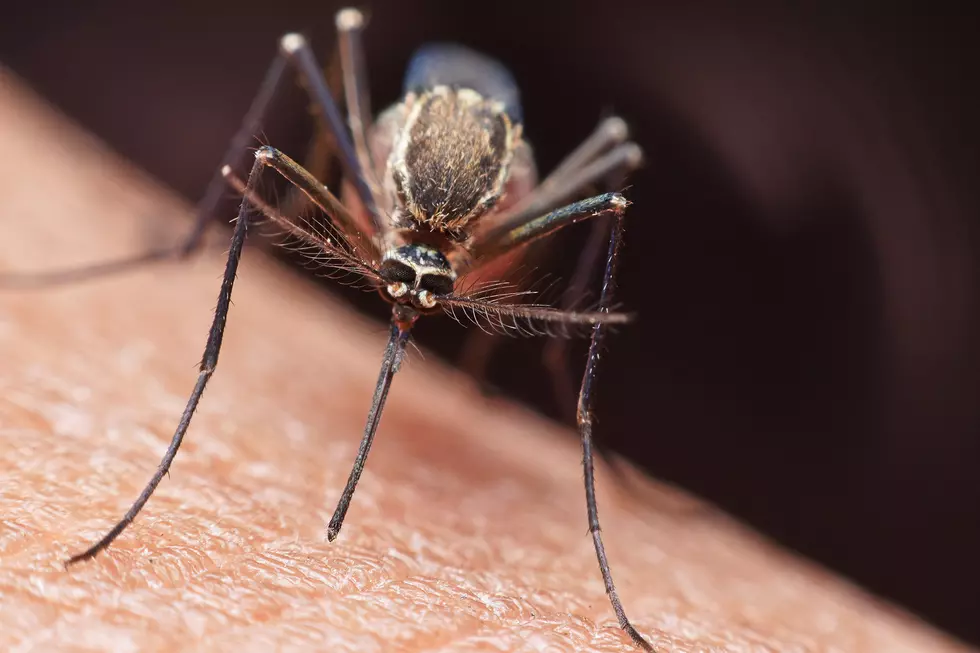
First Human Case of EEE Since 2013 Found in Plymouth County
BOSTON — The Massachusetts Department of Public Health (DPH) today announced that laboratory testing confirmed the first case of Eastern Equine Encephalitis (EEE) virus infection, in a male over 60 from southern Plymouth County. This is the first human case of EEE in Massachusetts since 2013. The risk level in nine communities has been raised to critical as a result.
“Today’s news is evidence of the significant risk from EEE and we are asking residents to take this risk very seriously,” said Public Health Commissioner Monica Bharel, MD, MPH. “We will continue to monitor this situation and the impacted communities.”
The nine communities now at critical risk are Carver, Lakeville, Marion, Middleborough, Rochester, and Wareham in Plymouth County and Acushnet, Freetown, and New Bedford in Bristol County.
This week DPH and the Massachusetts Department of Agricultural Resources (MDAR) announced they would be conducting and monitoring aerial spraying in specific areas of Bristol and Plymouth counties to reduce the mosquito population and public health risk. Aerial spraying began August 8 and is expected to continue throughout the weekend during evening and overnight hours.
Although the scheduled aerial spray is designed to help reduce the risk of EEE throughout the area, residents are reminded that they should use mosquito repellent and consider staying indoors during the dusk to dawn hours to reduce exposure to mosquitoes.
In addition to the nine communities now at critical risk, 15 communities in southeastern Massachusetts have been determined by DPH to be at high risk for the EEE virus and 18 at moderate risk.
DPH is collaborating with MDAR on the aerial spray, with local communities to educate the public on their risk and risk-reduction strategies, and the Mosquito Control Projects to coordinate surveillance and response activities.
EEE is a rare but serious and potentially fatal disease that can affect people of all ages. EEE occurs sporadically in Massachusetts with the most recent outbreak years occurring from 2004-2006 and 2010-2012. There were 22 human cases of EEE infection during those two outbreak periods with 14 cases occurring among residents of Bristol and Plymouth Counties.
EEE virus has been found in 227 mosquito samples this year, many of them from species of mosquitoes capable of spreading the virus to people.
People have an important role to play in protecting themselves and their loved ones from illnesses caused by mosquitoes.
Information from the Mass. Department of Public Health
More From WFHN-FM/FUN 107









